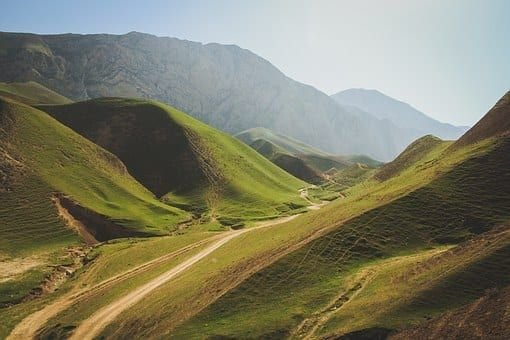
Reflections from some statements of Al-Allamah Rabee Bin Hadi Al-Mad’khali [20 of 80]
In The Name of Allah, The Most Merciful, The Bestower of Mercy.
Al-Allamah Rabee Bin Hadi al-Mad’khali, may Allah preserve him, was asked: How do we invite the general people to Salafiyyah- the methodology of the pious predecessors, especially when they are influenced by certain harmful and misguided preachers?
Answer: Allah has provided us with a methodology for inviting others to His path. Allah said to His prophet:
ادْعُ إِلَى سَبِيلِ – رَبِّكَ بِالْحِكْمَةِ وَالْمَوْعِظَةِ الْحَسَنَةِ وَجَادِلْهُم بِالَّتِي هِيَ أَحْسَنُ إِنَّ رَبَّكَ هُوَ أَعْلَمُ بِمَن ضَلَّ عَن سَبِيلِهِ وَهُوَ أَعْلَمُ بِالْمُهْتَدِين
Invite (mankind, O Muhammad) to the Way of your Lord with wisdom and fair preaching, and argue with them in a way that is better. Truly, your Lord knows best who has gone astray from His Path, and He is the Best Aware of those who are guided. [An-Nahl 125]
Inviting to way of Allah with wisdom, which is knowledge, clarification and proof. You should invite the commoner and other than him with knowledge, good manners, gentleness, and leniency, however, the commoner often more receptive. He may accept the truth from you without argument, but if he need to be debated, it may stem from a certain attachment to falsehood, then you should debate in a way that is better.
وَلَا تَسْتَوِي الْحَسَنَةُ وَلَا السَّيِّئَةُ بـ ادْفَعْ بِالَّتِي هِيَ أَحْسَنُ فَإِذَا الَّذِي بَيْنَكَ وَبَيْنَهُ عَدَاوَةٌ كَأَنَّهُ وَلِيُّ حَمِيمٌ وَمَا يُلَقَّهَا إِلَّا الَّذِينَ صَبَرُوا وَمَا يُلَقَّنَهَا إِلَّا ذُو حَظٍّ عَظِيم
The good deed and the evil deed cannot be equal. Repel (the evil) with one which is better (i.e. Allah ordered the faithful believers to be patient at the time of anger, and to excuse those who treat them badly), then verily! he, between whom and you there was enmity, (will become) as though he was a close friend. But none is granted it (the above quality) except those who are patient, and none is granted it except the owner of the great portion (of the happiness in the Hereafter i.e. Paradise and in this world of a high moral character). [Fussilat 34-35]
Majmoo 14/217-218

